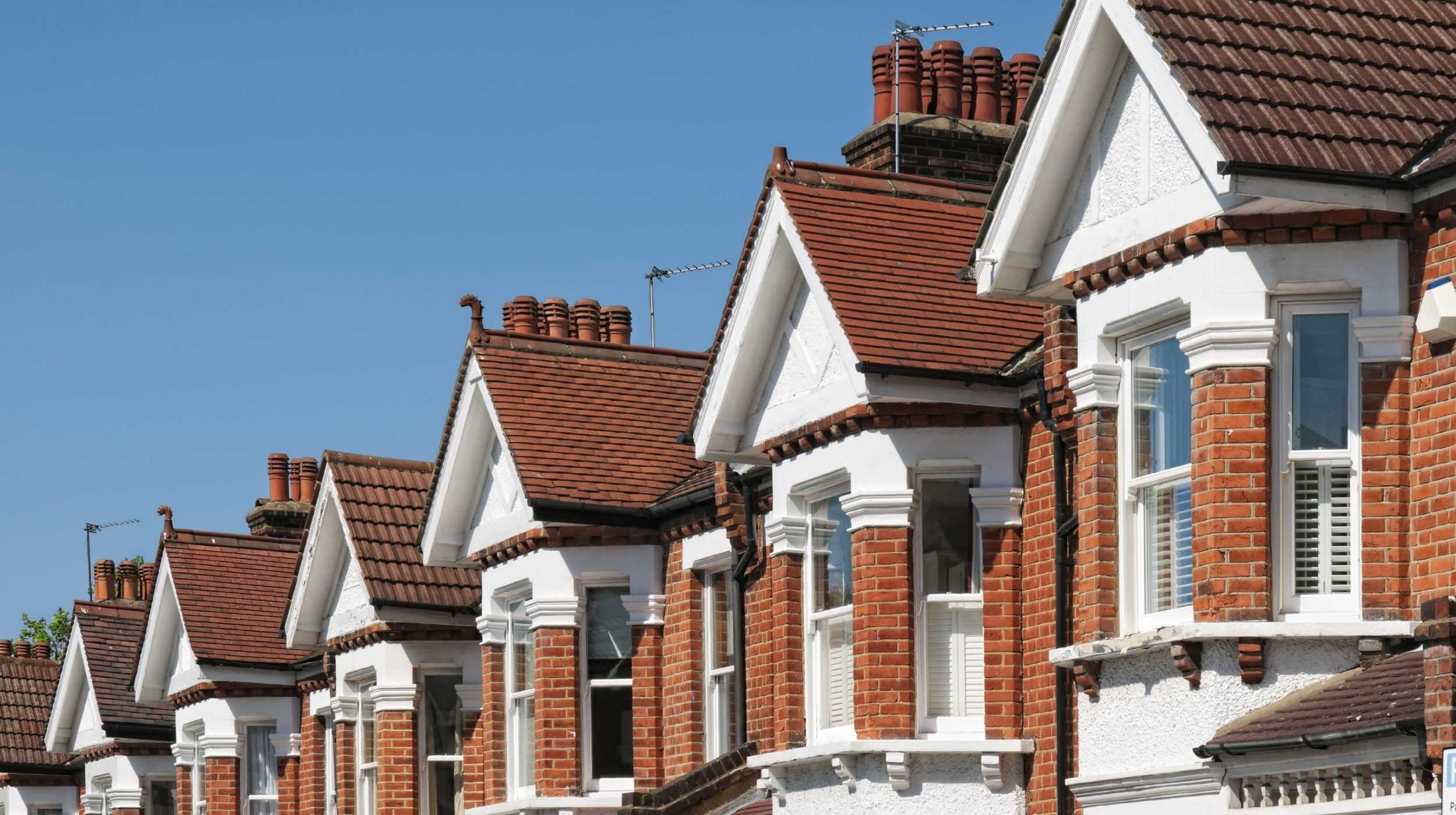
UK one of the worst EU countries for landlords
Property Investment:
Taxes, Stamp duty hikes and regulations have made the UK among the worst countries in Europe for buy-to-let investment.
New analysis reported by the Daily Telegraph shows that over the past year Britain has dropped from 15th to 25th place in the league table* of landlord friendly EU countries.
This change comes after section 24 tax changes affecting landlords’ ability to reclaim mortgage interest, plus stamp duty surcharges are imposed on UK landlords. These changes have significantly increased costs to landlords, reducing potential for profits.
As a consequence of the changes, over the last 12 months average yields for UK landlords have fallen from nearly 5 per cent to 4pc per cent, a nearly 20% drop.
The changing landscape for landlords brought about directly by changes in government policy has combined to cause the UK’s rental market to stagnate, landlords are failing to invest, and the increasing shortage of rental property is raising rents. The tightening regulations governing lending to portfolio landlords, and the next phase of mortgage interest relief restrictions, coming into play in April, will only worsen the situation.
Consequently, The Daily Telegraph newspaper is to start a campaign for the Government to reduce the amount of stamp duty owed on property purchases. Last month Conservative MP Jacob Rees-Mogg said stamp duty needed to be cut “as a matter of urgency”.
The UK now ranks behind Finland, Greece and Italy, and is now one of the worst places in Europe to invest in buy-to-let property, according to the survey.
Ireland comes out top of the list with an average rental yield of 7.08 per cent, and Malta, Portugal and the Netherlands also score high.
Britain comes with the bottom five countries in Europe for landlords – only Austria, France, Croatia and Sweden perform worse.
With landlords unable to reclaim any mortgage interest relief after 2020, experts are now warning that profitability will then be impacted severely, rents are likely to rise, and more private landlords will likely leave the industry.
However, given that the average interest on an instant access savings bank account pays less than 1 per cent, the 4 per cent yield on an average UK buy-to-let still looks good. Yields tend to be lowest in the south east, with northern towns producing the best returns.
*The league table was produced by WorldFirst, the international payments experts, and is based on a mix of Government statistics and surveys.


